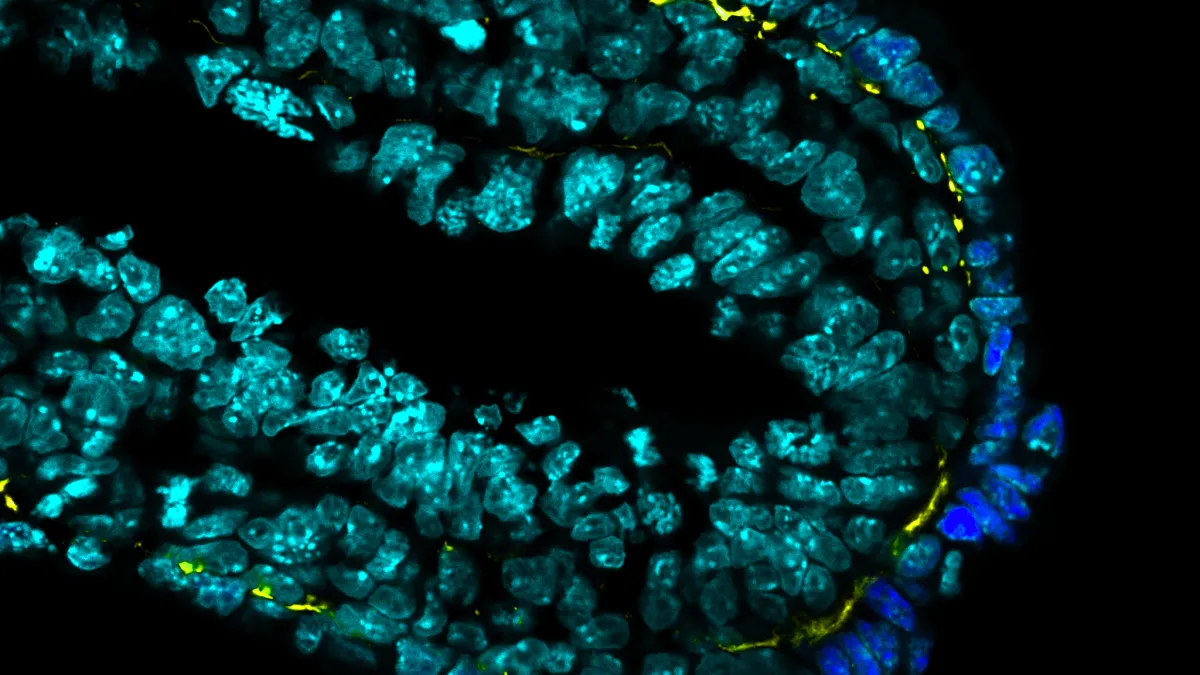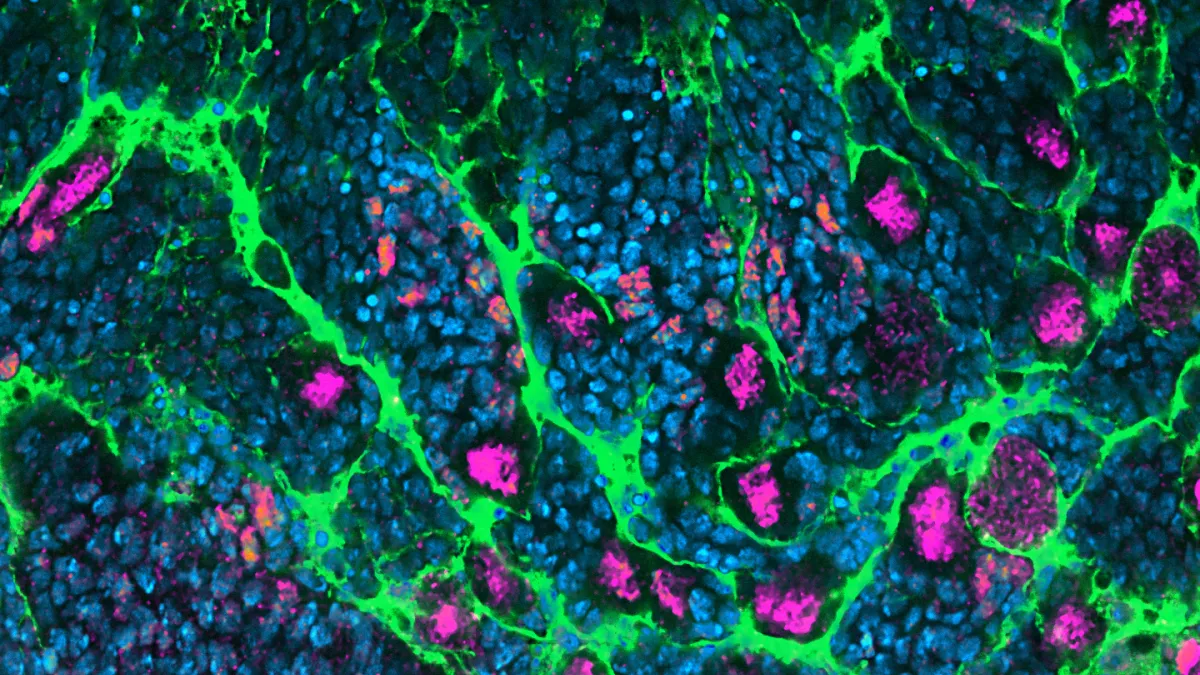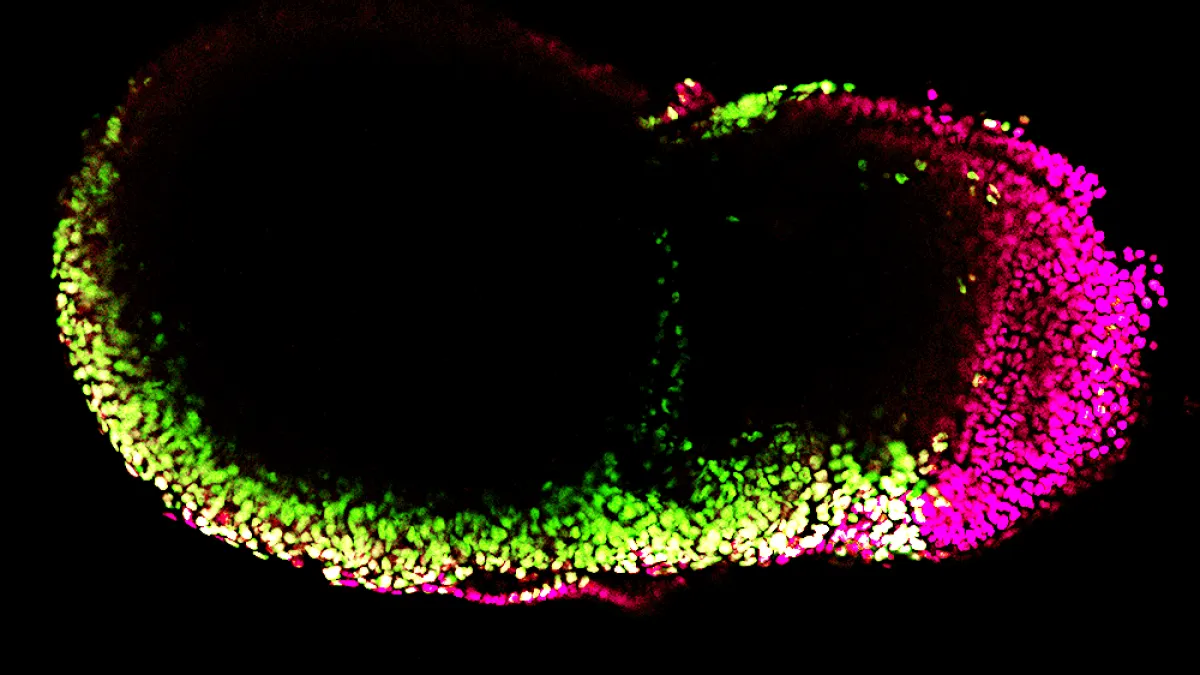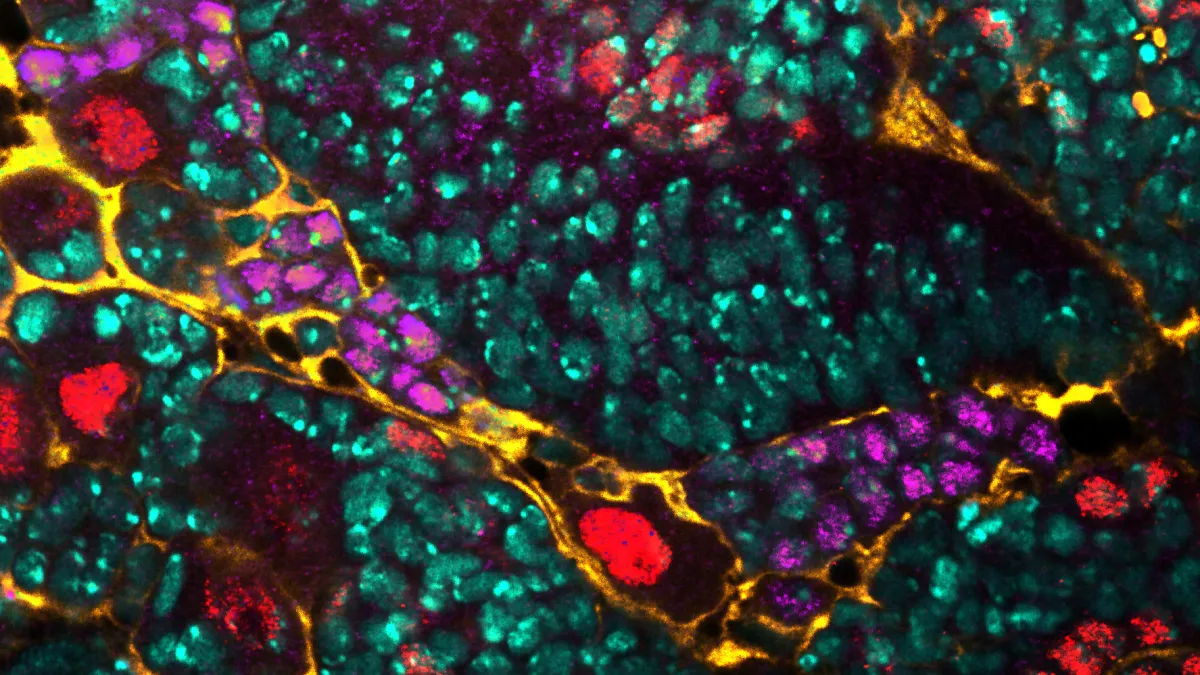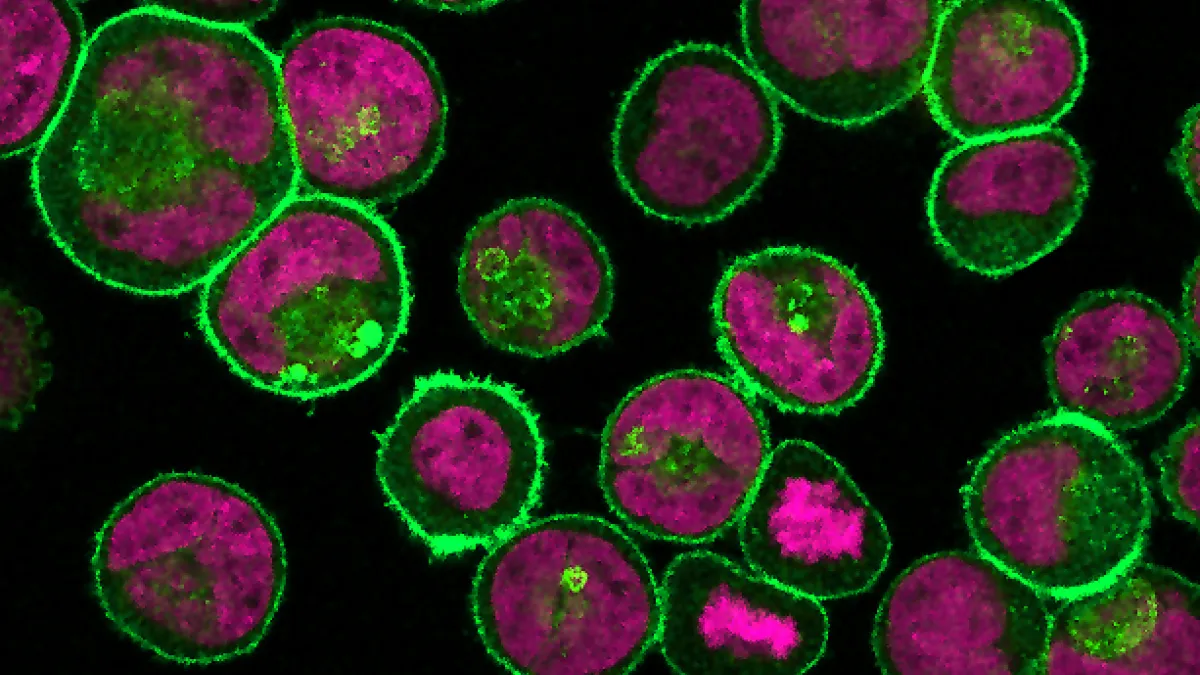
Division of Genome Sciences and Cancer
At the Genome Sciences and Cancer Division (GSC), we offer a dynamic research and training environment that seamlessly integrates cutting-edge genomic, molecular, biochemical, and computational approaches with genetic models. By connecting genotype with phenotype, our division strives to unravel disease pathologies, develop innovative treatments, and foster a deeper understanding of the intricate interplay between genes and health.
The Genome Sciences and Cancer Division provides a well-integrated research and training environment in which the latest genomic, molecular, biochemical and computational approaches are combined with genetic models to connect genotype with phenotype, understand disease pathologies and develop new treatments. Some key research directions are:
- Unmask information latent in the genome that controls cell fate during development to better understand human disease.
- Probe the regulatory architecture of genomes, including features of the epigenome, chromatin, and higher-order chromosomal structure.
- Decipher the RNA-code, with emphasis on the dynamic ribonucleoprotein interactions essential for all life.
- Elucidate intra- and extracellular signalling networks in the context of normal organismic function and diseases of development and malignancy.
- Employ gene editing technology to develop pre-clinical genetic models (Drosophila, mice and human organoids) for cancer and related diseases.
- Generate therapeutics targeting epigenetic modifiers, RNA networks, transcriptional regulators, and ribosome biogenesis, and exploiting tumour immunology.
- Understand the contribution of the vasculature, platelets and neutrophils to disease, including metastasis and thrombosis.
Location
131 Garran Road
The Australian National University
Acton ACT 2601

